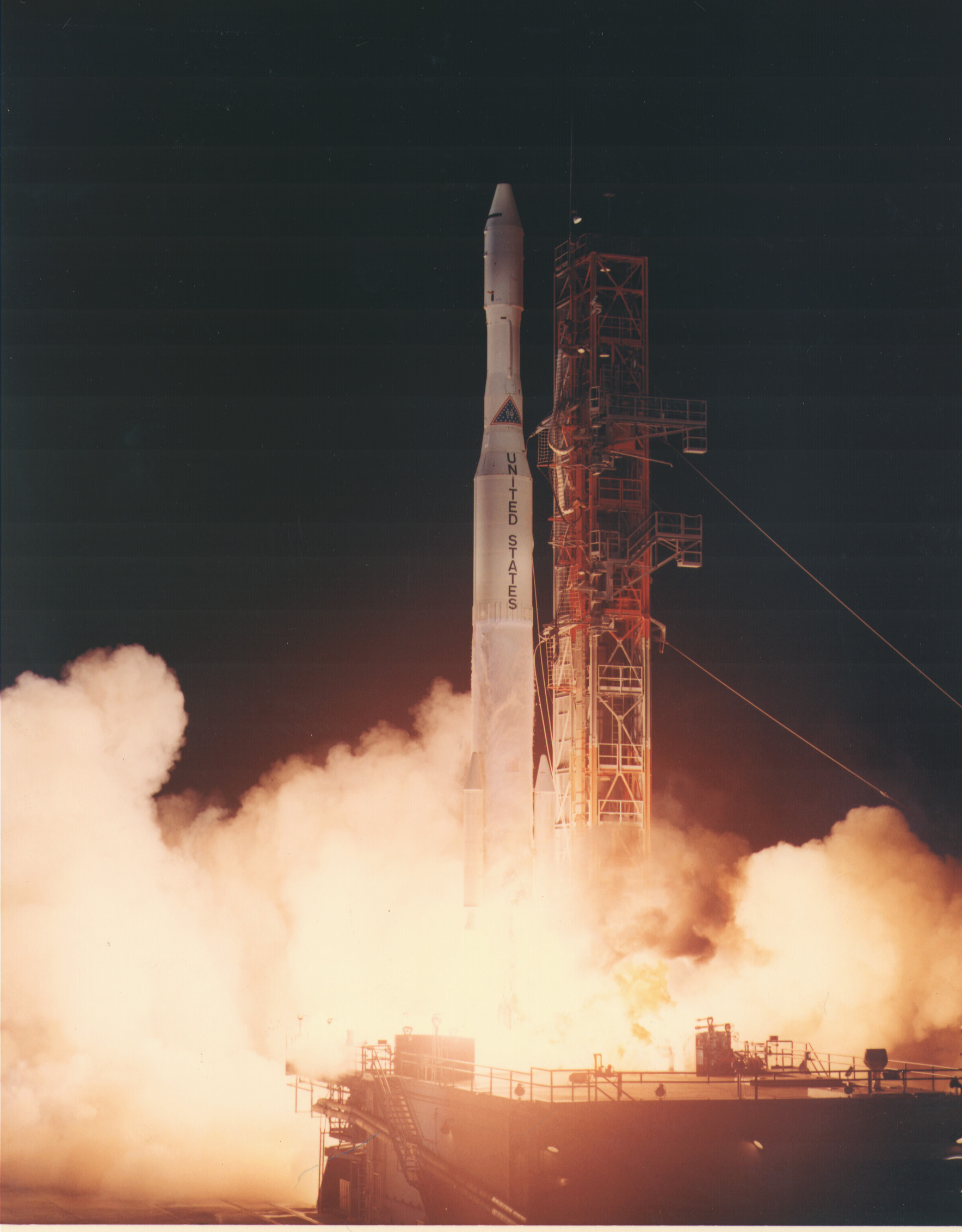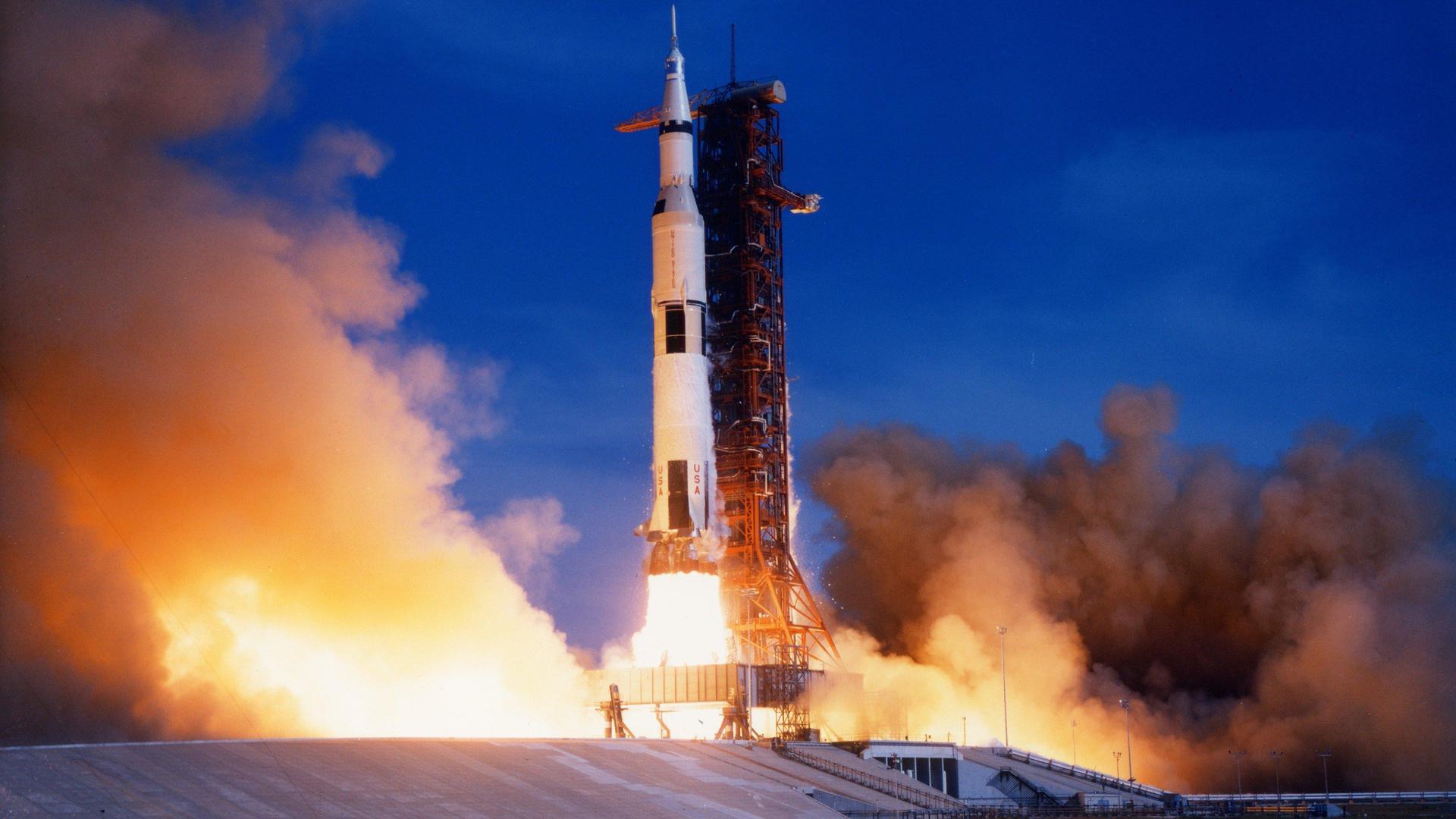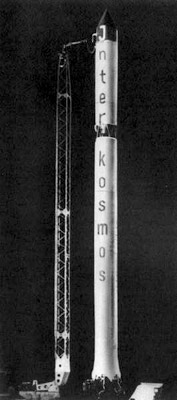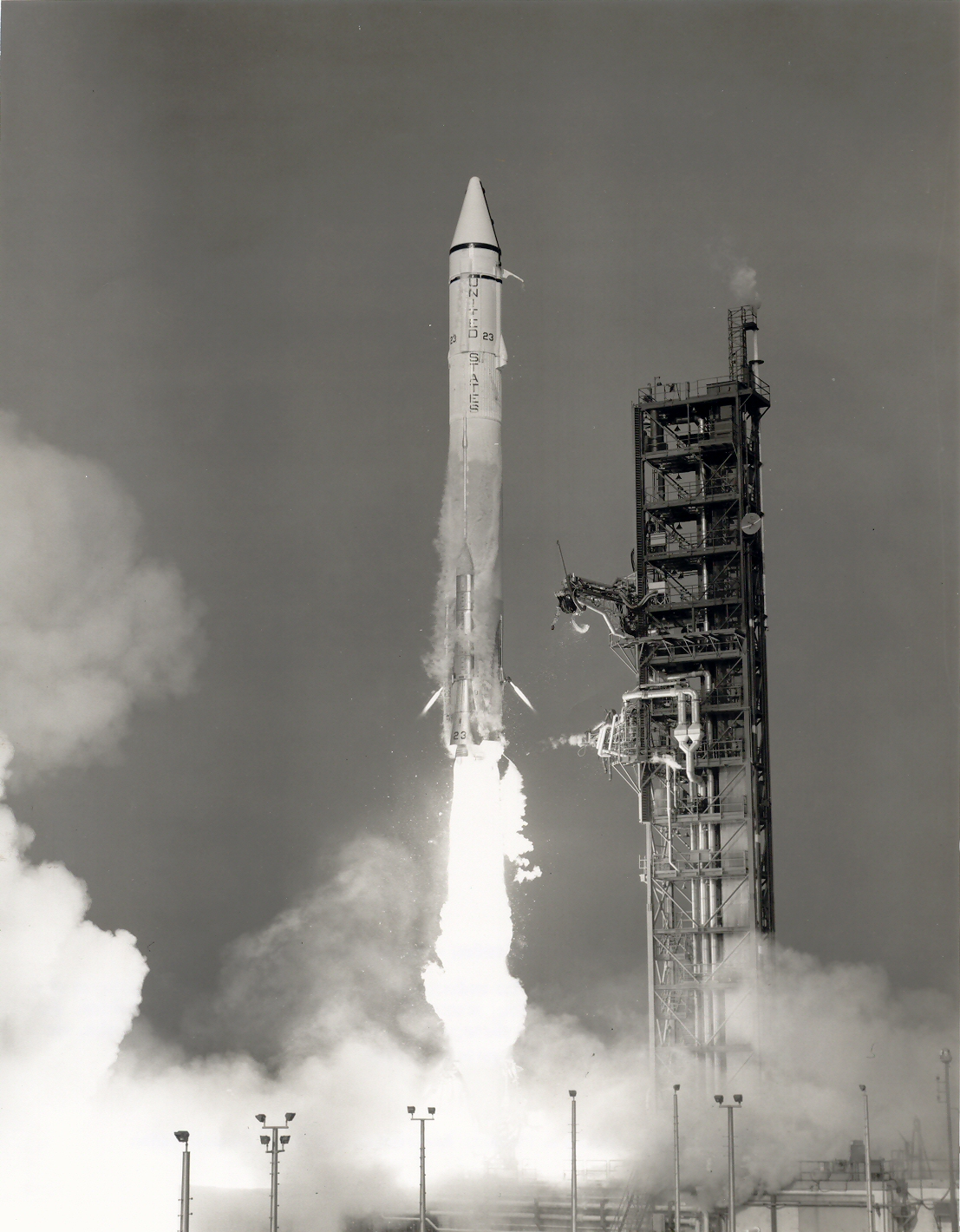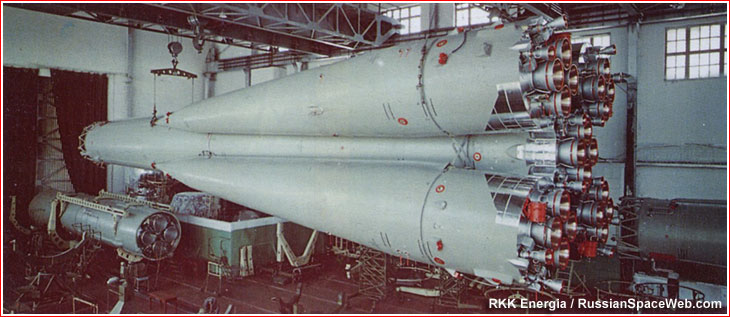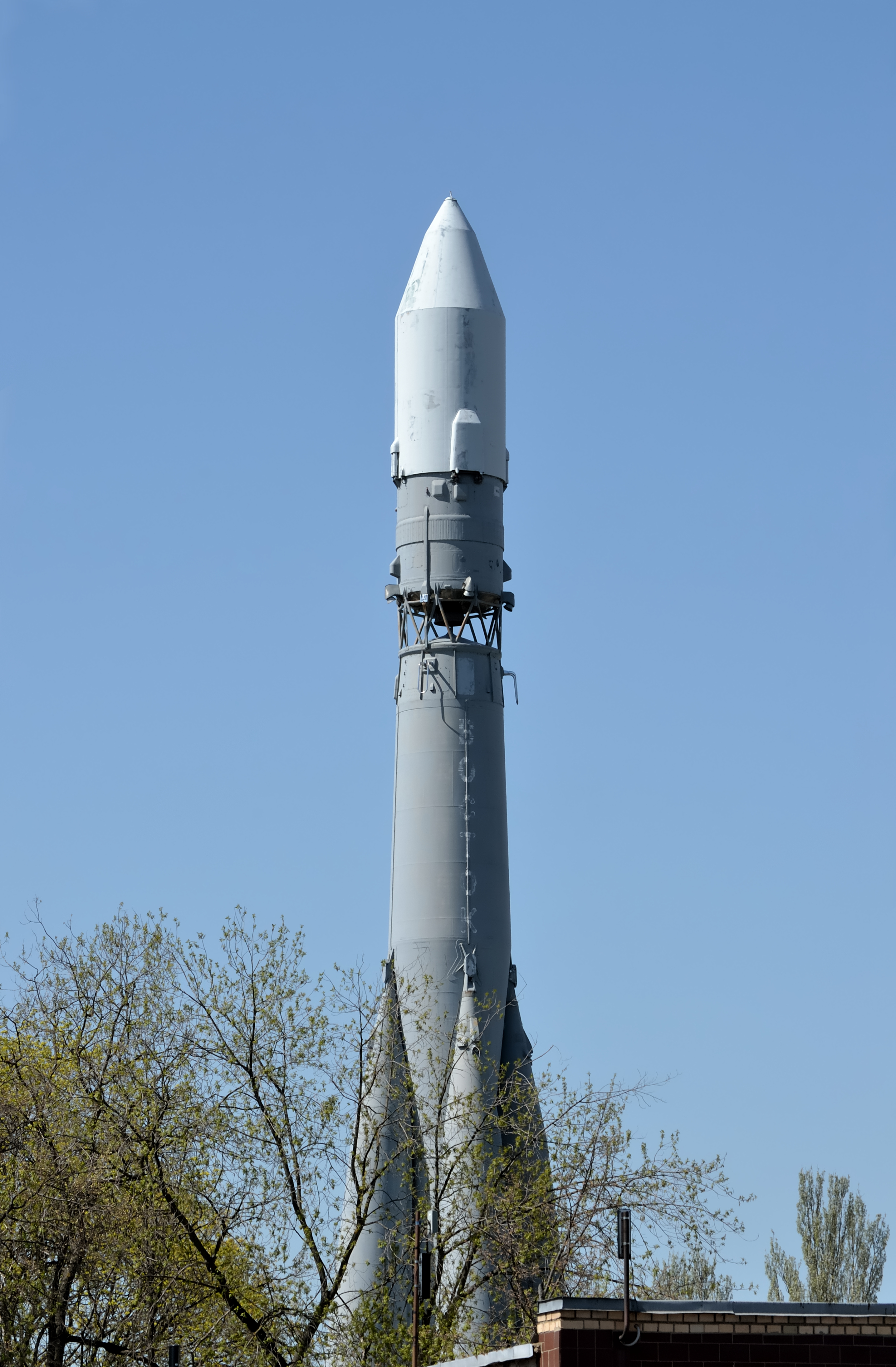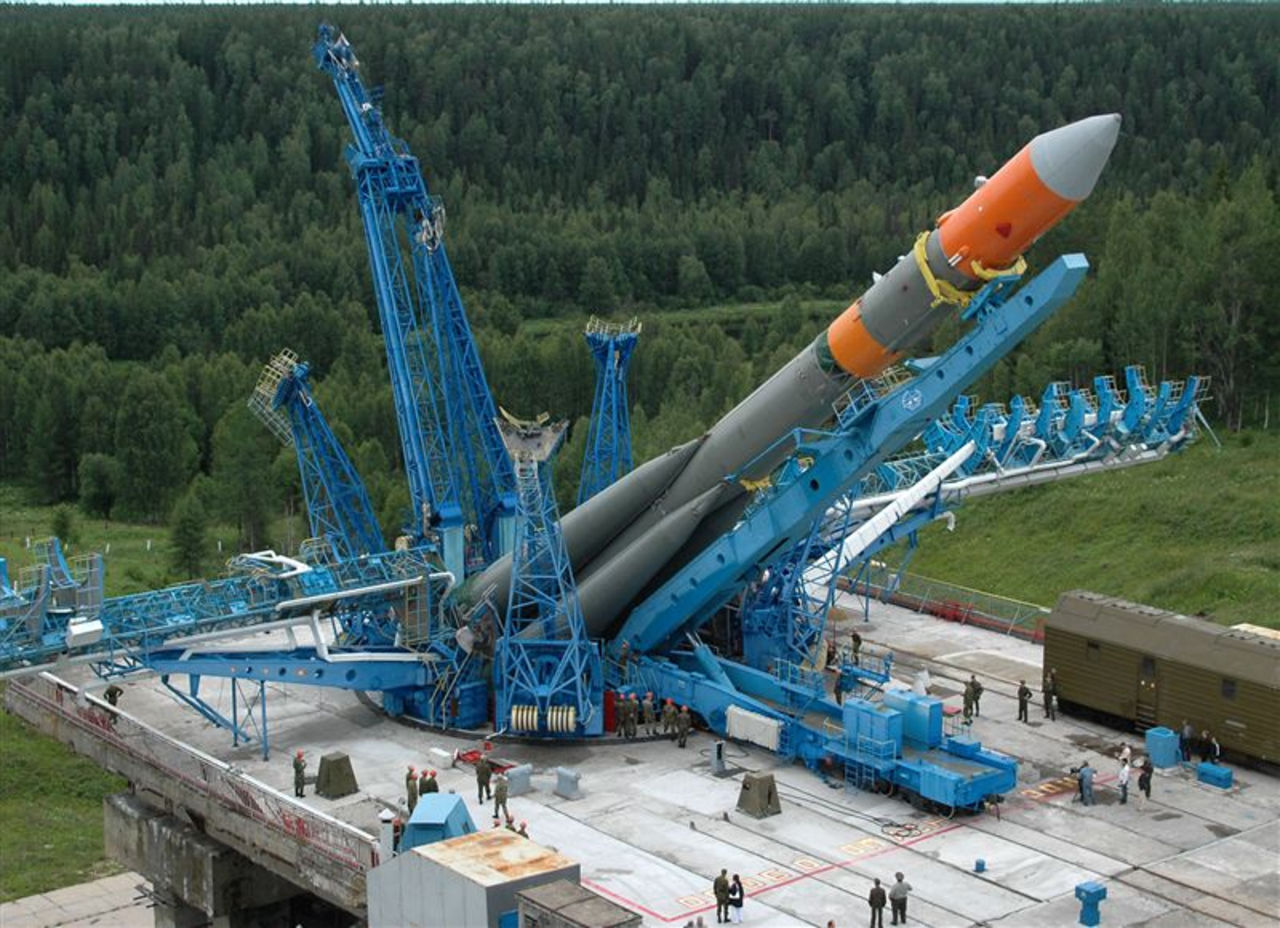Previous Spaceflight Launches
Filter by Agency, Locations or Vehicles
Show All LaunchesThor Delta M | NATO IIB
McDonnell Douglas | United States of AmericaCape Canaveral SFS, FL, USA
Feb. 3, 1971, 1:41 a.m.
Saturn V | Apollo 14
National Aeronautics and Space Administration | United States of AmericaKennedy Space Center, FL, USA
Jan. 31, 1971, 9:03 p.m.
Status: Launch Successful
Mission:
Apollo 14 was the eighth manned mission in the Apollo Program. The third mission to land on the moon. This mission was a two day stay on the lunar surface and carried out two EVAs. Commanded by Alan Shepard, Command Module Pilot Stuart Rossa, and Lunar Module Pilot Edgar Mitchell. During the two lunar EVAs, 42.80 kilograms of moon rock samples was collected.
Lunar OrbitKosmos 11K63 | DS-P1-Yu 39
Strategic Rocket Forces | RussiaPlesetsk Cosmodrome, Russian Federation
Jan. 26, 1971, 12:44 p.m.
Atlas SLV-3C Centaur | INTELSAT IV F2
Convair | United States of AmericaCape Canaveral SFS, FL, USA
Jan. 26, 1971, 12:36 a.m.
Titan 23B | KH-8 30
Lockheed Martin | United States of AmericaVandenberg SFB, CA, USA
Jan. 21, 1971, 6:20 p.m.
Voskhod | Zenit-2M 16
Soviet Space Program | RussiaBaikonur Cosmodrome, Republic of Kazakhstan
Jan. 21, 1971, 8:40 a.m.
Vostok 8A92M | Meteor-1 7 (19L)
RKK Energiya | RussiaPlesetsk Cosmodrome, Russian Federation
Jan. 20, 1971, 11:24 a.m.
Kosmos 11K63 | DS-P1-I 10
Strategic Rocket Forces | RussiaPlesetsk Cosmodrome, Russian Federation
Jan. 14, 1971, noon
Voskhod | Zenit-4M 10
Soviet Space Program | RussiaBaikonur Cosmodrome, Republic of Kazakhstan
Jan. 12, 1971, 9:30 a.m.
Molniya-M | Molniya-1 17
Russian Space Forces | RussiaBaikonur Cosmodrome, Republic of Kazakhstan
Dec. 25, 1970, 3:50 a.m.
